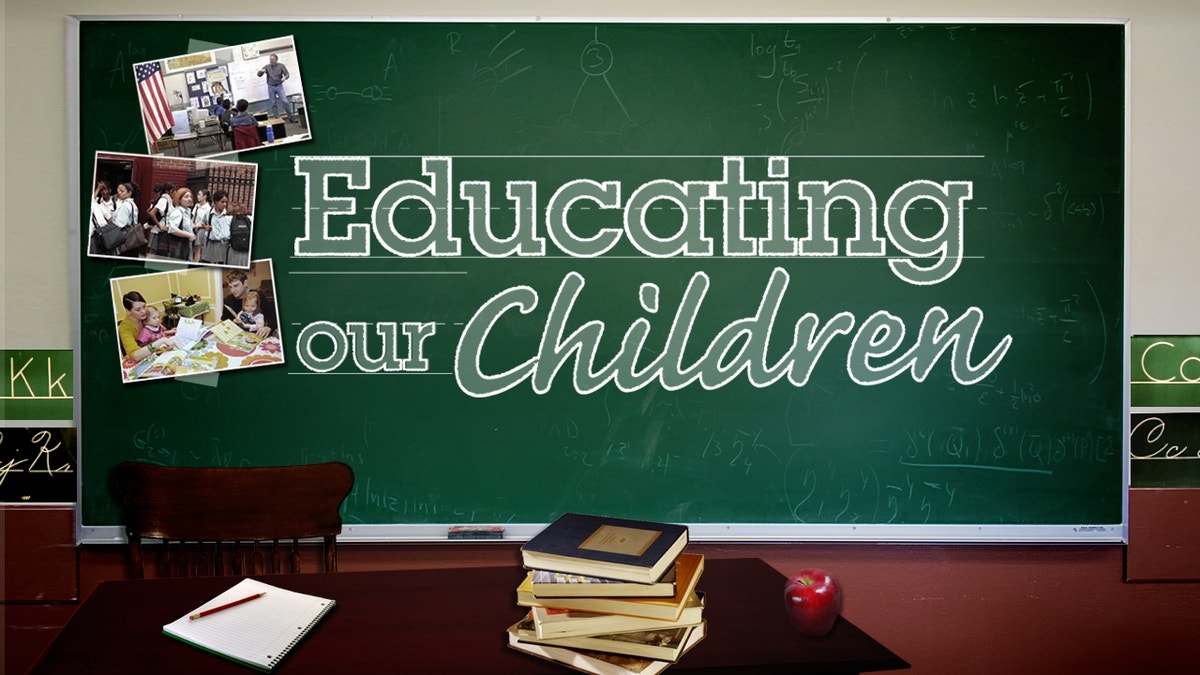
Anne Gebhardt’s kids are learning about geography -- in her dining room in Bedford, Texas. It’s not your typical schoolhouse, but it’s one that Gebhardt says is serving her six children well. "We can teach our religious values to our children freely,” says Gebhardt. “We can teach anything that we want."
Gebhardt is part of a growing trend. Across the county, an estimated 1.5 million children are home schooled and that number's growing. In the span of eight years, home schooling has grown nationally by almost 75 percent.
The reasons parents choose to home school vary. According to the National Center for Education Statistics, 36 percent of home schooled children stay at home for religious reasons.
Twenty one percent don't like the environment in traditional schools. Another 17 percent are home schooled because their parents are dissatisfied with the academic instruction that’s available to them in traditional schools.
"We've become more experimental about the way we offer education to children,” says David Chard, Dean of the School of Education and Human Development at Southern Methodist University. "Many parents are able to provide strong educational opportunity for kids," he added.
But it’s not all about reading, writing and arithmetic. Chard said he worries home schooled students may be lacking in less tangible subjects, things like developing social or coping skills.
Programs have sprung up over the years to help with that. In Texas, the state with the largest number of home schooled kids, there are athletic leagues and learning “co-ops” where kids may attend classes with other children on a variety of subjects.
John Manning helps organize the Home School Athletic Association in Dallas. He says the group has grown by leaps and bounds over the past decade, not just because the number of home schooled students has increased, but also because most parents realize the need for this kind of activity. "What's important to us,” says Manning, "is to try to provide opportunities that kids in any school, public or private, have.”
One of Anne Gebhardt’s kids says she feels anything but deprived. Eighteen year old Meghan Gebhardt graduated from home school last year and has been taking online college classes while planning her next move. She said she feels like her education was better than what she could have received in any traditional school, public or private. “The parent, because she knows the kids, she knows how they learn,” Meghan Gebhardt said. “She can shape the way she teaches so they can learn better."
This report is part of a FOX News continuing series on educational alternatives.








































